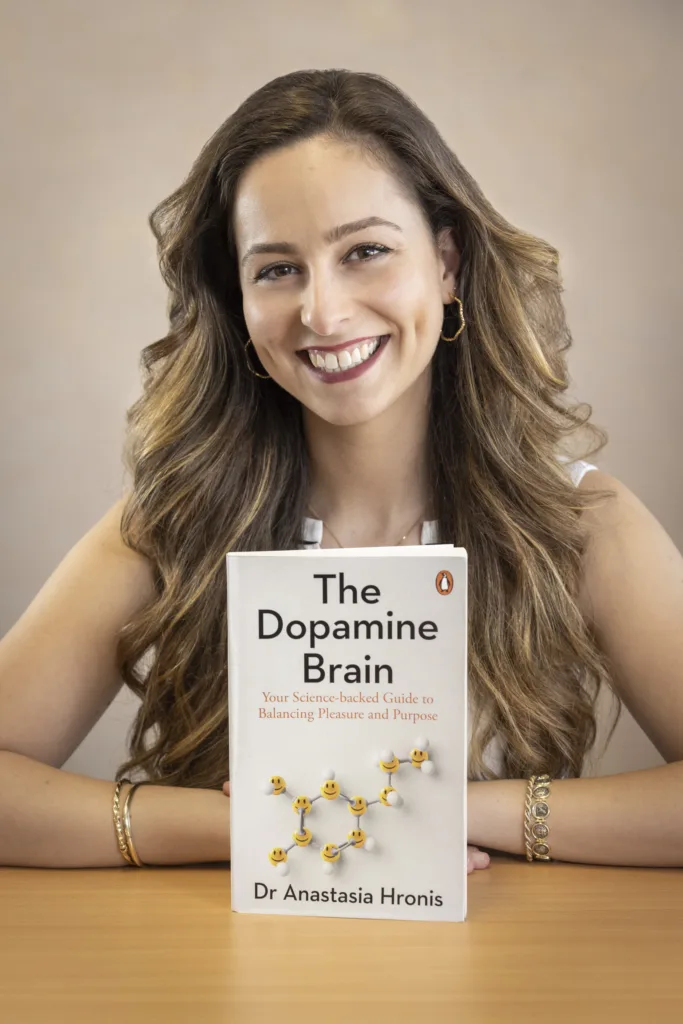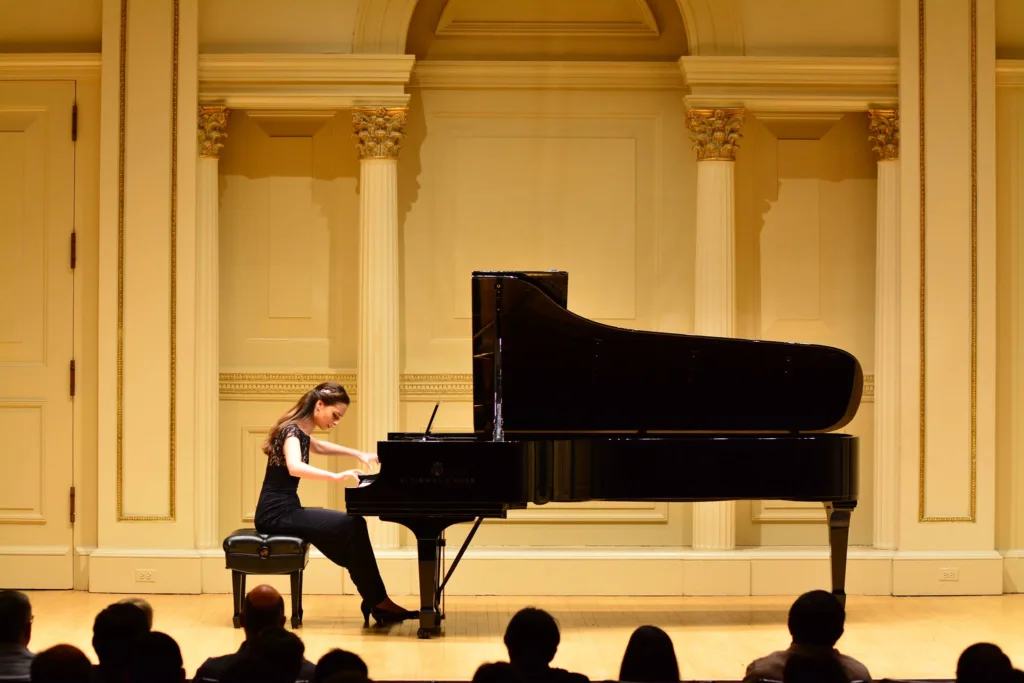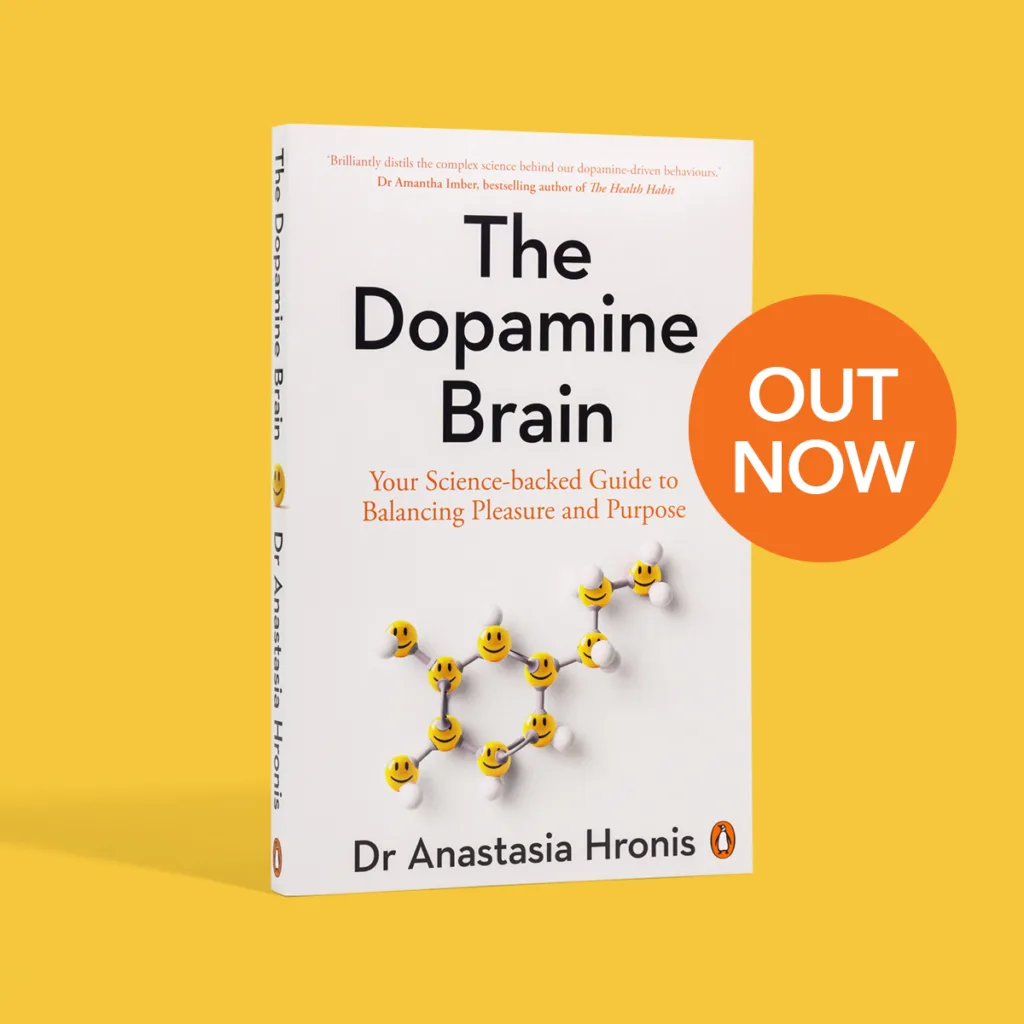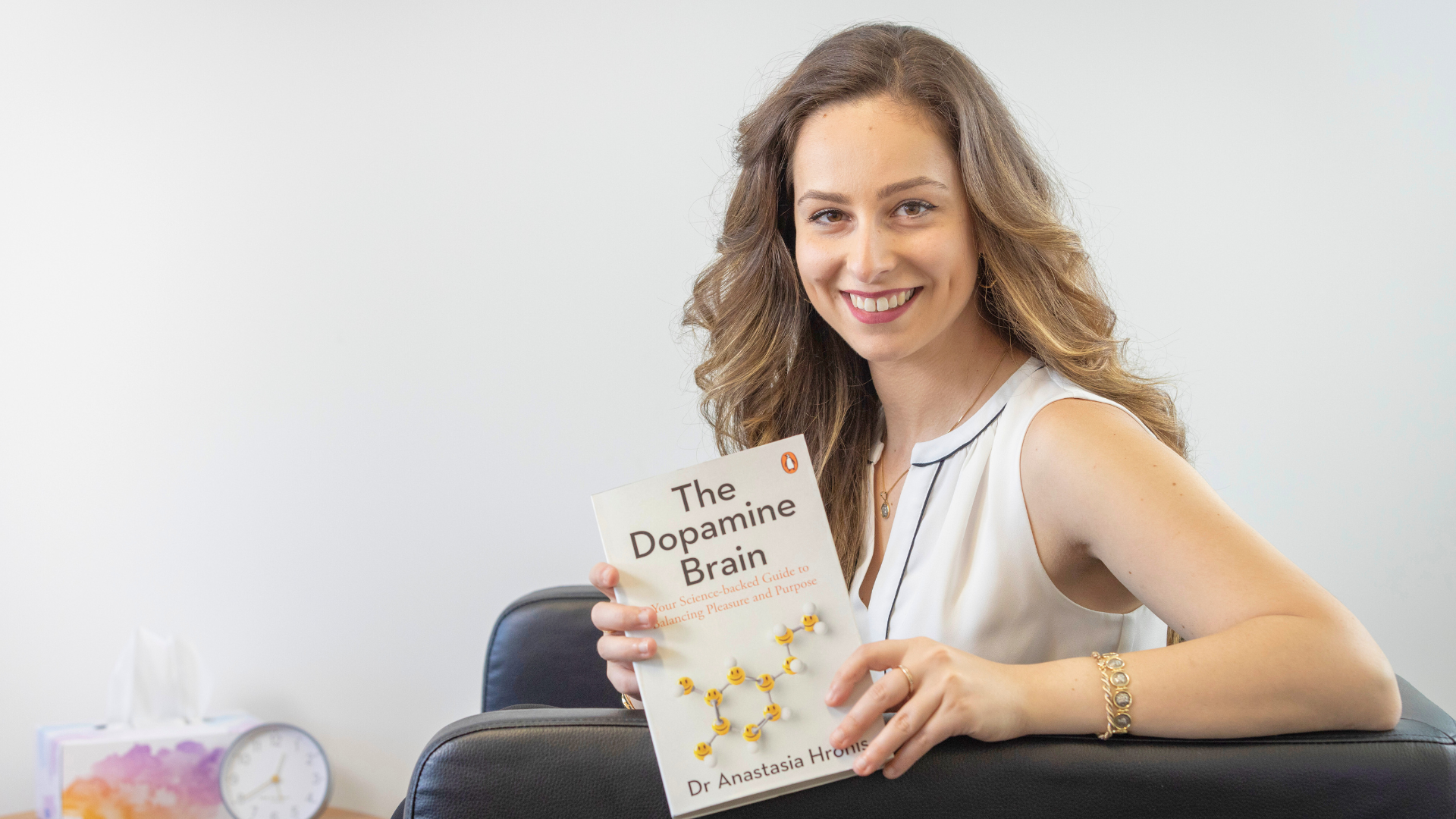Understanding the dopamine hormone, how it influences our choices in life, its important role in the brain and the body, is the basis of a new book by Sydney clinical psychologist and researcher Dr Anastasia Hronis.
The self-help book – The Dopamine Brain – not only explains dopamine, but also has case studies and tips that will guide teenagers and adults to navigate 21st century life and make choices for their aligned values.

“I was very interested in understanding how the brain and the mind worked, and what influenced human behaviours,” Dr Hronis told The Greek Herald.
“Technology, unfortunately, has made it easier for us to become hooked or addicted to things.
“We have seen people have unhealthy relationships with things such as online shopping, gambling including online gambling, video games, dating apps, social media, pornography, games on phones, and more.
“Of course, there are also drugs, alcohol, and vapes.”
Dr Hronis, who also founded the Australian Institute for Human Wellness, holds a Bachelor of Psychology degree with First Class Honours from the University of Sydney, and a Master of Clinical Psychology degree and PhD from the University of Technology Sydney.
She works as a lecturer and researcher at UTS and when Penguin Books approached her to write a book, she seized the opportunity to collate her knowledge of understanding dopamine, its impact on choice and clinical experience with children and adults.

“This is combined in the book, with the evidence and research on what we know about the brain, psychology and dopamine,” she said.
“The book includes case studies (not identifiable, of course), of people I have worked with over the years, who have experienced mental health or addiction concerns.”
In the book, Dr Hronis references the term ‘unhealthy relationships’ instead of using the word ‘addiction’ because she said it is not always ‘appropriate.’
“Sometimes we can have an addiction to something, which will be highly problematic in our life,” she said.
“At other times, something might have a negative impact on us in some way, but it is not classified as an addiction.
“For example, with gambling, someone may experience harm from gambling whereby it places some tension on their relationship, but they do not have a diagnosable gambling disorder.
“Hopefully this book will help people reflect on and reassess some of their dopamine driven behaviours, which can become automatic and happen in excess, while also helping them live a life that is aligned with their core values for a greater sense of meaning and purpose.”

The book is divided into three parts:
- The first part examines dopamine and its role in our behaviour in unhealthy relationships with addictions such social media/gambling/shopping/gaming.
- The second part is about understanding values, its role in our life, with practice and reflective exercises for the reader.
- The third part provides strategies to make changes.
Dr Hronis hopes the book will assist people to reflect and reassess their dopamine driven behaviours to help them live a life that is aligned to their core values for meaning and purpose.
“Once someone can identify their five or 10 most important values, then they can choose behaviours that are aligned with them,” she said.
“For example, if I have the value of adventure or creativity, I would try to find behaviours and set goals for myself that allow me to live out those values in my life.
“It’s one thing to know our values, but another to actually live our life according to those values.”
Dr Hronis has several tips in the book, including using cold water, which she says is ‘very helpful,’ while another is working on finding balance and adjusting.
“If you are ever experiencing a strong emotion or a carving/urge, ice cold water is very useful for helping us re-regulate ourselves,” she said.
“Finding balance takes time and probably also takes constant adjustment. Keep reflecting on what brings pleasure and what brings purpose, in order to work to find that balance.”
You can find out more about The Dopamine Brain here.
